Vietnam’s government is working behind the scenes to reduce a 20% US import tariff announced last week by President Donald Trump — a rate that came as a surprise to Vietnamese officials who believed a lower figure had been negotiated, Bloomberg reports.
According to people familiar with the matter, Vietnam’s Communist Party General Secretary To Lam instructed trade negotiators to continue pressing for a reduction in the tariff immediately following a call with Trump. Prior to the call, Vietnam had been seeking a 10% to 15% rate. The final figure announced by Trump — 20% — reportedly diverged from expectations on Hanoi’s side.
The new tariff was disclosed via Trump’s Truth Social post, in which he described To Lam as “an absolute pleasure” to deal with. It is part of a broader tariff campaign targeting dozens of US trading partners, ahead of a self-imposed August 1 deadline for new duties to take effect.
Despite Trump’s public declaration, Vietnamese officials have not confirmed the 20% rate in state media and are still actively negotiating details. In an internal memo viewed by Bloomberg News, Vietnamese authorities directed domestic outlets to avoid publishing speculative or unconfirmed reports about the trade talks.
Vietnam’s Ministry of Foreign Affairs has stated only that coordination with US counterparts is ongoing. On the ground, Prime Minister Pham Minh Chinh has focused his public remarks on broader efforts to diversify exports and supply chains to adapt to the new global trade environment, avoiding direct reference to the tariff rate.
A US official, speaking anonymously, confirmed that the 20% tariff is meant to replace a current 10% baseline but may be compounded by other pre-existing levies, pushing the effective tariff rate even higher in some cases. Sector-specific tariffs, such as those on autos or steel, remain separate but not cumulative with the new rate.
Vietnam is in a delicate position as it attempts to balance trade negotiations with Washington while maintaining strong relations with China, its largest trading partner. During the recent BRICS summit in Brazil, Chinh met with Chinese Premier Li Qiang to reaffirm cooperation, including plans for a new railway link connecting the two nations.
At the same time, US officials have pressed Hanoi to tighten controls on transshipment — the practice of rerouting Chinese goods through Vietnam to bypass existing US tariffs. In response, Vietnam’s trade ministry has begun holding consultations with customs and industry bodies to enhance regulations on origin labeling and prevent illegal transshipments.
Beijing, for its part, has said it is monitoring the situation and warned it may retaliate if Chinese economic interests are harmed.
Nearly two weeks after Trump’s initial announcement, no formal agreement or enforcement framework has been publicly released by either side. It also remains unclear how the US plans to implement the 40% levy it has proposed on goods deemed to be illegally transshipped through Vietnam.
Despite the uncertainty, financial markets have responded positively. Vietnamese stocks climbed to a three-year high this week, with some foreign investors interpreting the 20% rate as relatively favorable given the broader context of Trump’s global tariff regime.
Vietnam currently ranks among the top seven US import sources, accounting for 4.5% of total US imports, according to 2025 data from the US Census Bureau. The country’s large trade surplus with the US — the third-largest globally — has made it a central focus of the Trump administration’s tariff overhaul.
President Trump has said he may impose blanket tariffs of 15% to 20% on remaining trade partners who have not yet reached new agreements with Washington. The White House did not respond to requests for clarification.
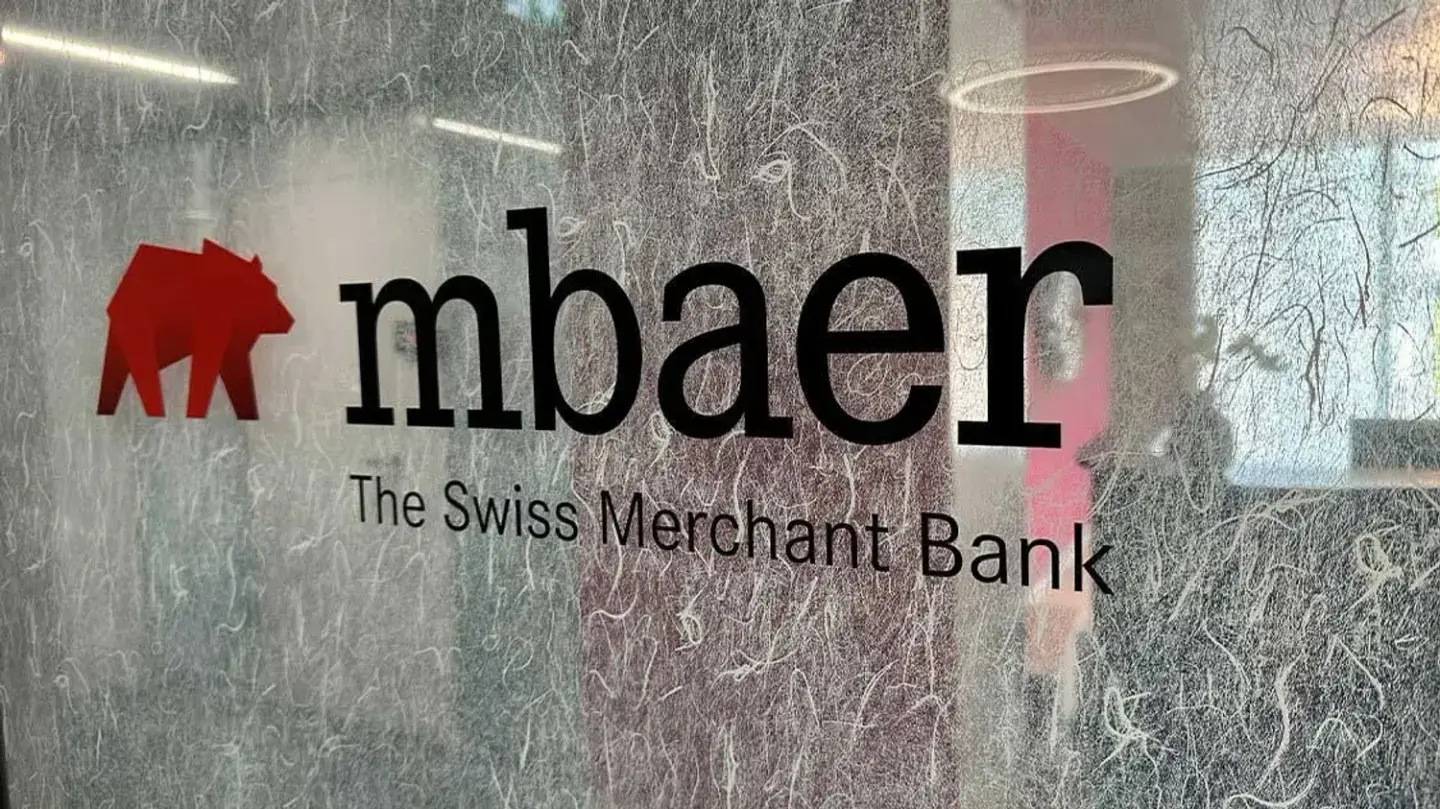
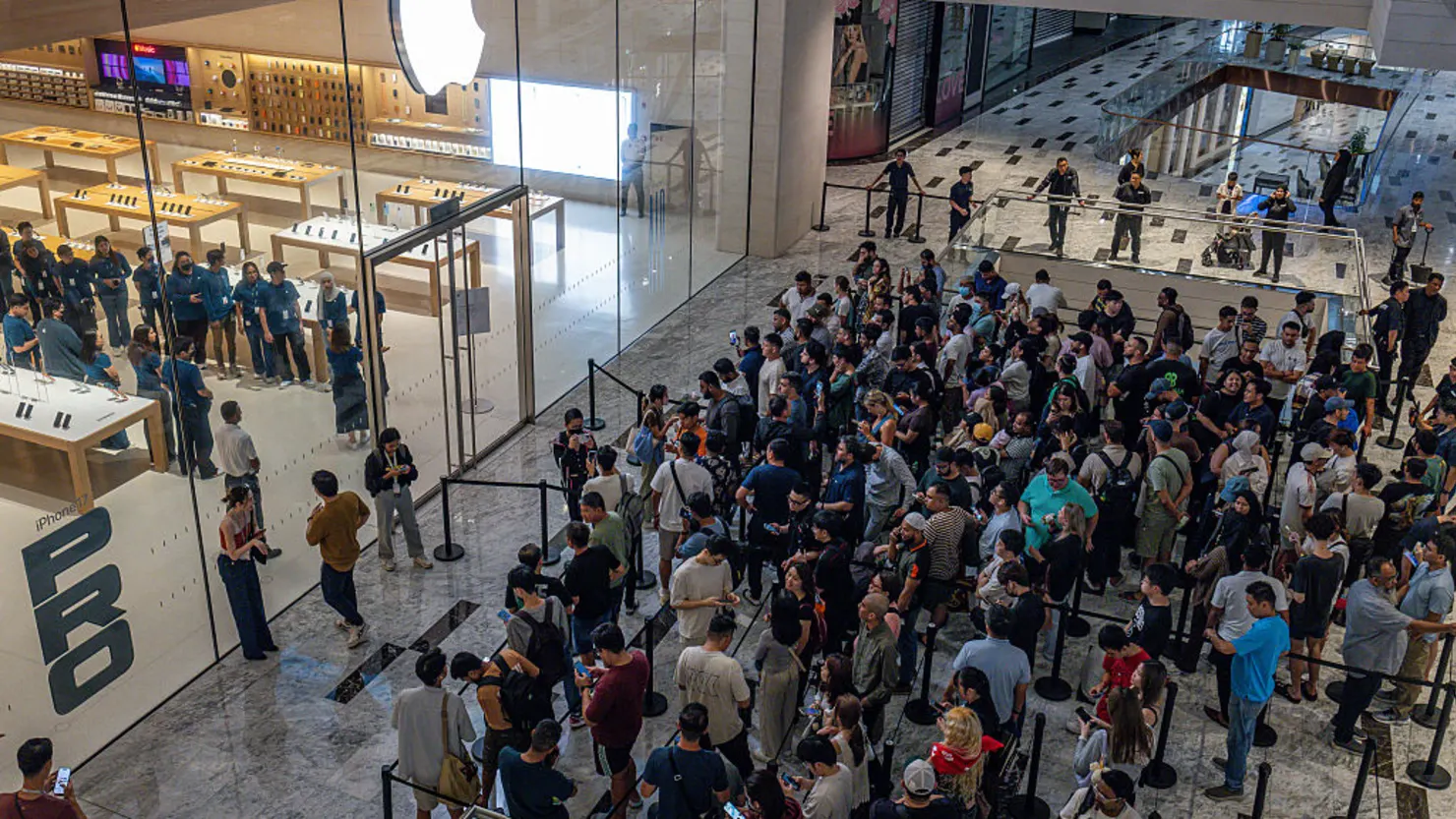
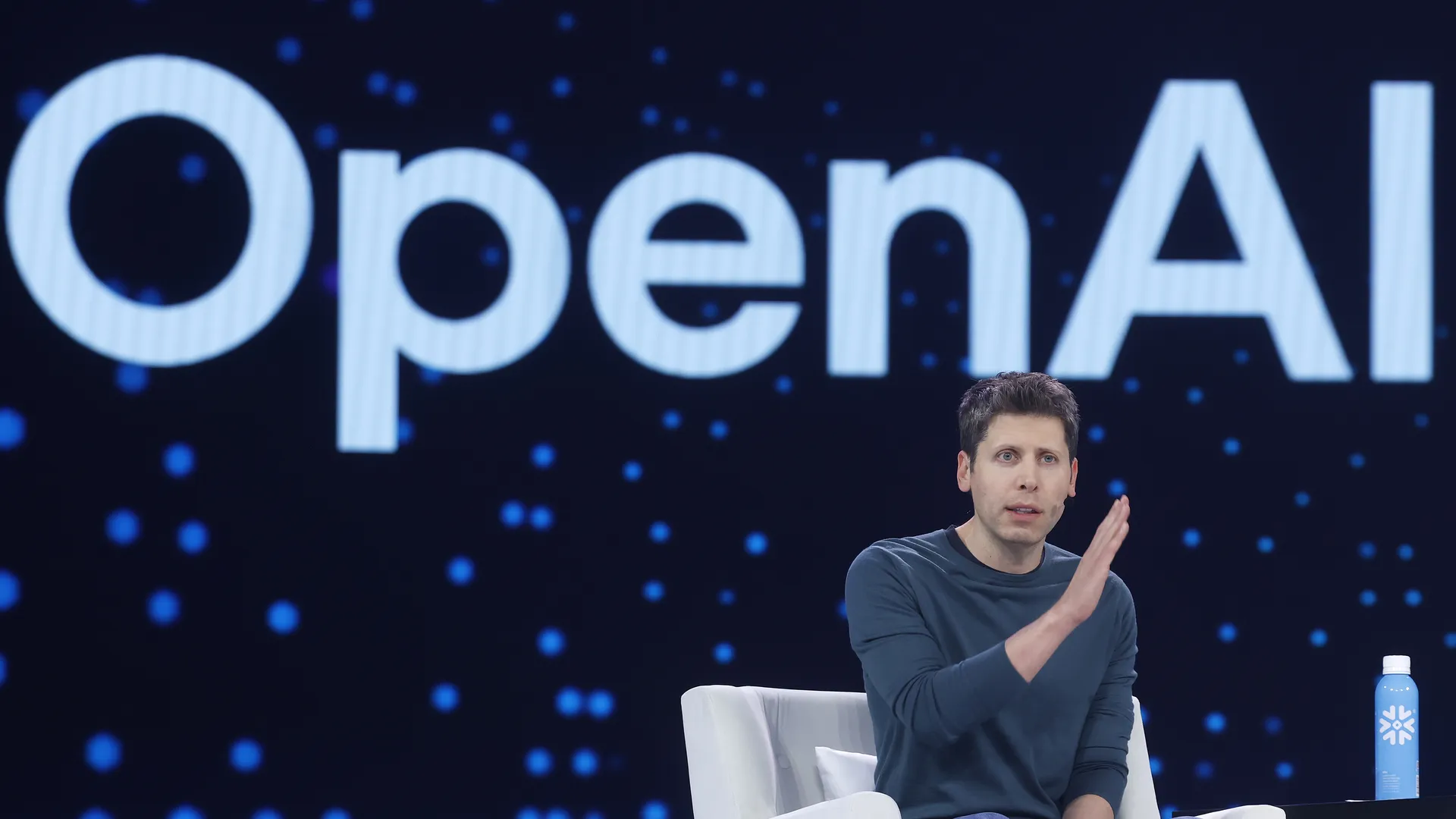
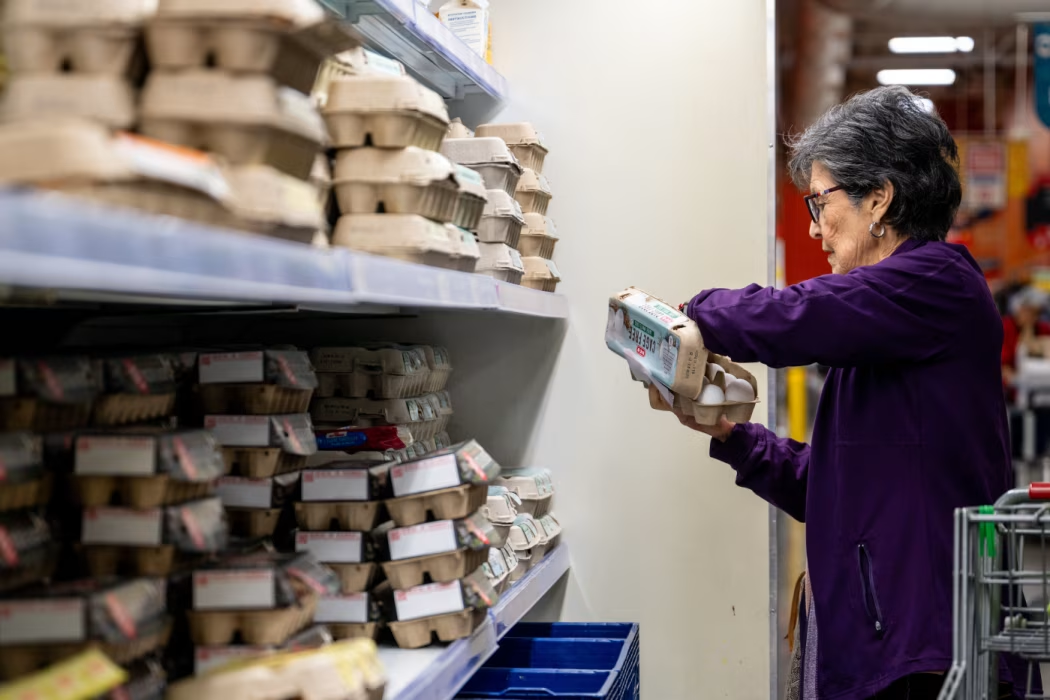
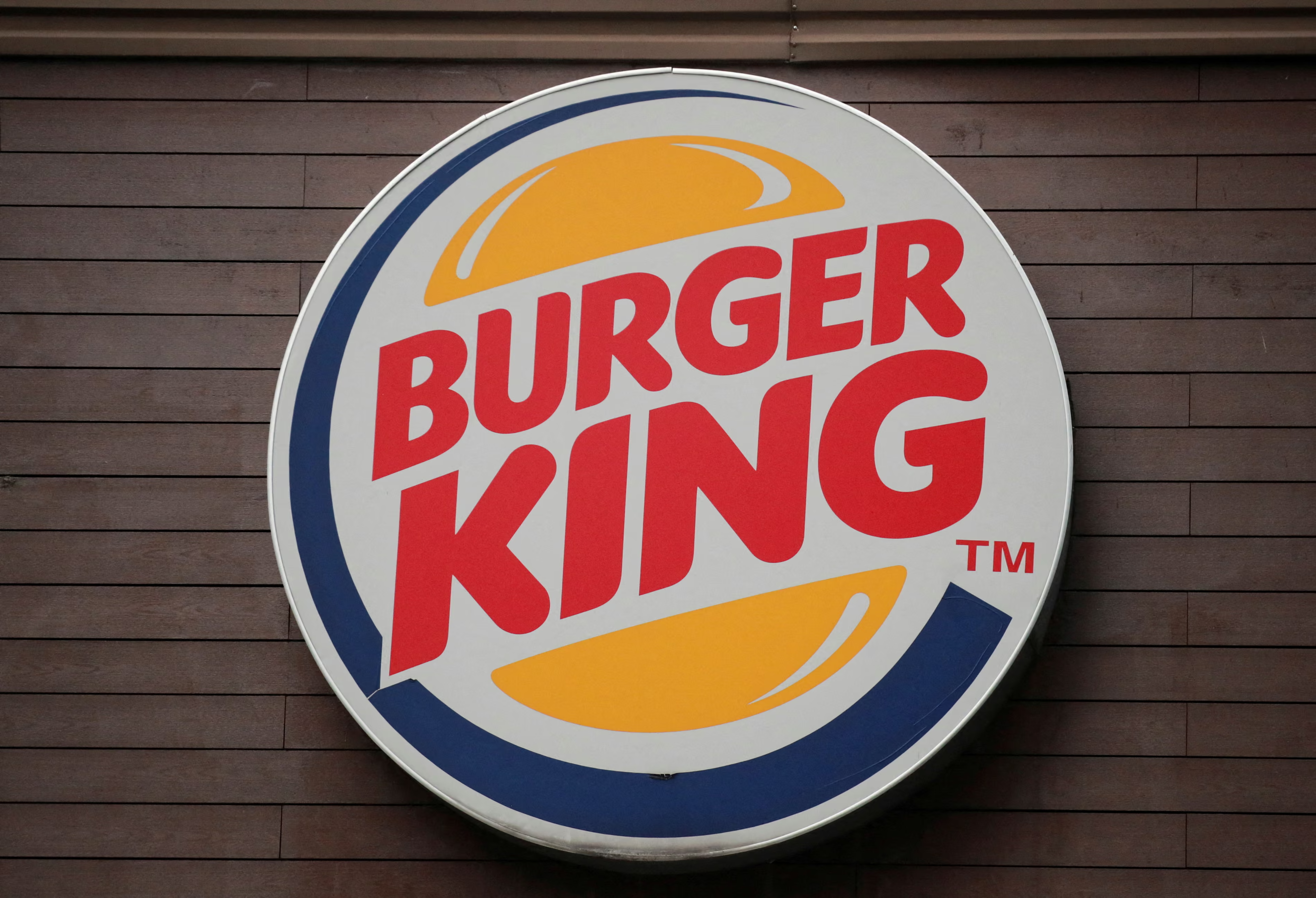
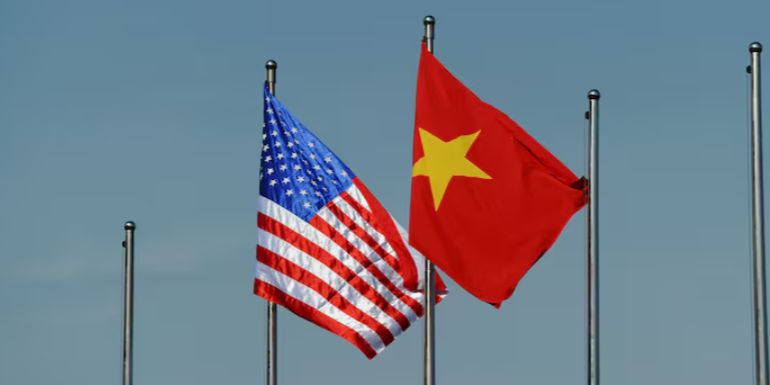




The latest news in your social feeds
Subscribe to our social media platforms to stay tuned